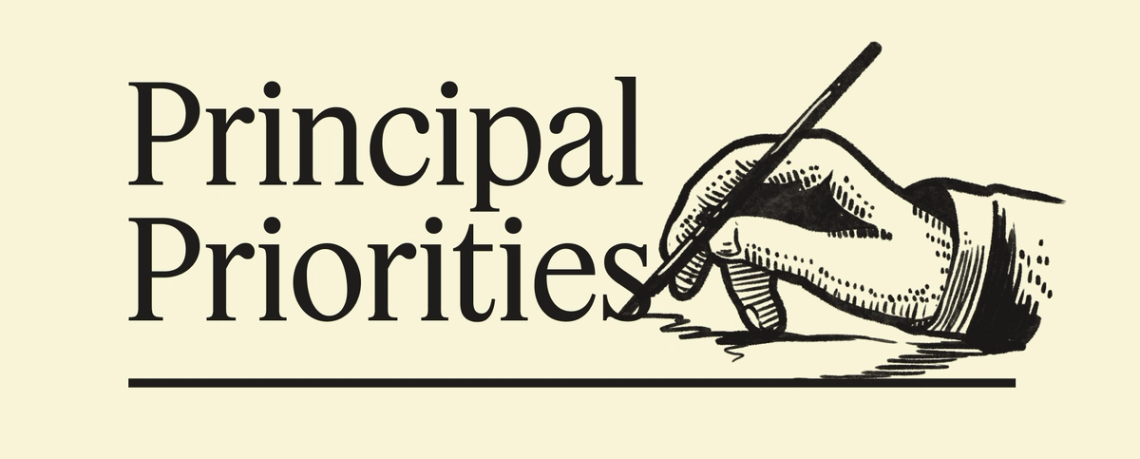 REUTERS/Amr Alfik/File Photo REUTERS/Amr Alfik/File PhotoFormer President Donald Trump participated in a wide-ranging and contentious sitdown with Fox News’ Bret Baier on Monday, his first TV interview since coming under federal indictment. Here’s a rundown of the hilights. On the indictment Trump, who pleaded not guilty last week to charges that he mishandled classified documents, continued to insist he’d done nothing wrong, while offering a new explanation for why he didn’t simply hand back the papers when asked. The former president told Baier that he hadn’t returned boxes containing the secret materials to the National Archives in part because they were also storing “personal things” such as “golf shirts, clothing, pants, [and] shoes,” and that he wanted to sort through them first. “I was very busy, as you’ve sort of seen,” Trump said. “Before I send boxes over I have to take all of my things out … But everything was declassified.” When asked whether he had held on to documents relating to a hypothetical attack against Iran, as has been reported, the former president said: “Not that I know of.” Questioned on whether he’s worried about the case, Trump briefly paused. “Based on the law?” he said. “Zero. Zero.” On winning swing voters At one point, Baier asked Trump for his message to female, independent voters in the suburbs — a group he’s lost ground with and would likely need to win back in a race against President Joe Biden. Trump responded with a tangent about the 2020 election. “I won in 2020 by a lot,” he claimed, insisting the election had been stolen even as Baier pushed back repeatedly. “This is how you’re going to tell that independent suburban woman voter to vote for you?” Baier eventually asked. “No,” Trump responded. “We are off to winning an election, and I think we’re winning very well.” On his hiring decisions Trump, who’s regularly found himself at war in the press with his own former cabinet members, promised that he would bring on “really, great, strong people” in his next administration. When Baier noted that Trump made a similar pledge in 2016, Trump insisted he hired “ten to one that were fantastic.” Trump also said he wouldn’t ask his relatives, such as his daughter Ivanka or her husband Jared Kushner, to serve in another administration because it’s “too painful for the family.” The pair have kept their distance from Trump’s 2024 campaign. To share this story, click here. | 






